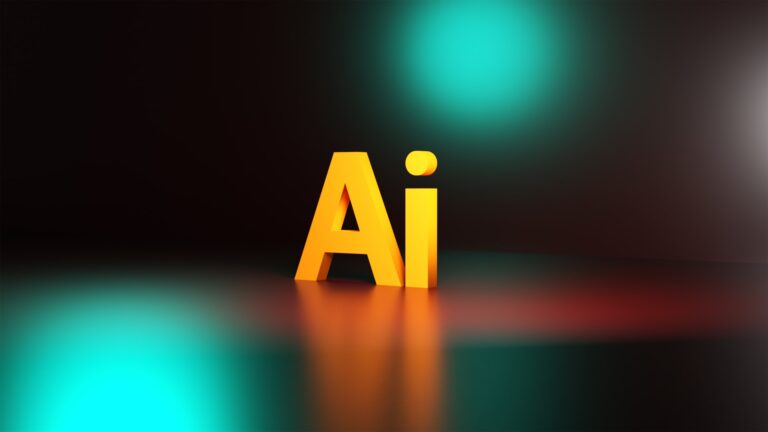PCM Vs Bitstream for Audio: Which one is Better?

Now imagine you are looking forward to an exciting movie night with thrilling
audio quality, but you are stuck in the battle to choose between PCM and
Bitstream for audio.
It might be a tough decision, considering the ALMOST same audio quality.
However, both methods got their pros and cons.
What’s more, to get started with the article, we need to know what PCM and
Bitstream are. Well, both are means for the audio transmission from the source to
the receiver in a home theater system. And to make the best home theater
system, you will need the perfect audio quality. Hence, you got to choose
between PCM or bitstream.
In this article, we will shed light on the difference between bitstream and PCM
and the one fit for your situation.
Let’s start with the basics:
What is Bitstream?

Bitstream is a method to transfer the audio from the source to the listener
through bits of information (1 and 0). To put it another way, bitstream converts
the analog signal into digital which is then interpreted in different ways.
In bitstream, the audio flows in the binary form before reaching your ear.
Bitstream is used by many sound formats as DTS, DTS-ES, Dolby Digital, Plus,
Atomos, DTS: X, DTS HD Audio Master, etc.
Check Essentials Every Busy Office Needs
How does Bitstream Work?
In a home theater system, bitstream sends encoded signals from the source to
the theater receiver. The receiver then decodes the signals according to the
bitstream information. After converting the signal, the audio is sent to the
speaker and is audible to the listener in the form of sound beats.
In simpler words, the signals got compressed and transfer from the source to the
receiver. Their signals can be heard in form of sound waves.
Pros and Cons of Bitstream
Bitstream is undoubtedly a useful way of transmitting data in the form of bits.
Still, it has some lacking.
Anyways, let us uncover when bitstream proves helpful and when not:
Pros
Cons
What is PCM?

PCM stands for Pulse-Code Modification. PCM does not deal with compressed or
uncompressed files, it simply transmits them forward in the form of analog
signals.
PCM has been the old fellow and has been in the industry for so long as in the
early 1900s. It has been the first in telecommunication and radio services.
Therefore, it is a standard and authentic form of transmitting audio with greater
compatibility.
PCM format is used by many audio files such as Dolby, DS: X, Dolby TrueHD,
Atomos, CD, DVD, and many more. You might be check Fix Discord Screen Share No Audio Chrome
How PCM Works?
Well, a PCM has high bandwidth for the best sound quality and prevents sound
distortion. It sends the signal to the receiver after decoding it.
In other words, a PCM sample the analog signals at regular intervals. This signal is
then coded into a digital one and transmitted to the receiver.
Pros and Cons of PCM
PCM being the senior in the industry is the standard way of signal transmission.
Nevertheless, PCM has advantages and disadvantages:
Pros
Cons
Bitstream vs PCM: Side-to-Side Comparison
| Features | Bitstream | PCM |
|---|---|---|
| Decoding | Signals are sent in compressed form to the receiver for decoding. | Signals are decoded before sending to the receiver. |
| Compatibility | Compatible with high-end players, supporting all sound formats. | Compatible with older devices like CD, DVD, and Blu-ray players. |
| Signals | Transmits only digital signals. | Transmits both digital and analog signals. |
| Connectivity | Works for wireless or a cabled system. | Works only for a wired system. |
| Bandwidth | Less bandwidth is required. Thus, high sound quality. | High bandwidth is required thus the audio can suffer quality loss. |
| Secondary audio | Does not support secondary audio. | Supports secondary audio. |
| Transmission | Less transmission rate since it deals with compressed data. | Better transmission since PCM uses raw uncompressed data. |
| Digital/Coaxial Output | Supports digital/ coaxial or optical output. | Limited support to digital/ coaxial or optical output. |
When You Should Use Bitstream?
You should prefer using bitstream as in the mentioned cases:
Check What is a POS System
When You Should Use PCM?
You need to use PCM in these scenarios:
Final Thought: Bitstream vs PCM?
To put an end to the discussion, we will say there is no obvious victor between
bitstream and PCM. Both bitstream and PCM have their distinct uses and areas
where they prove effective.
It depends upon the audio quality you want to hear and the setup you have.
If you have a wired classical audio system and want to pay attention to secondary
audio, then PCM is preferred.
However, if you want to play an action movie with the loudest volume in a
gathering without any wired connection, then bitstream is for you.
Let us know your opinions on this. What do you prefer: Bitstream or PCM? We’d
love to hear your thoughts in the comments below.







bitstream is definitely the best option for me
Thank you for sharing your opinion with me! I hope you enjoyed reading the comparison between PCM and Bitstream.